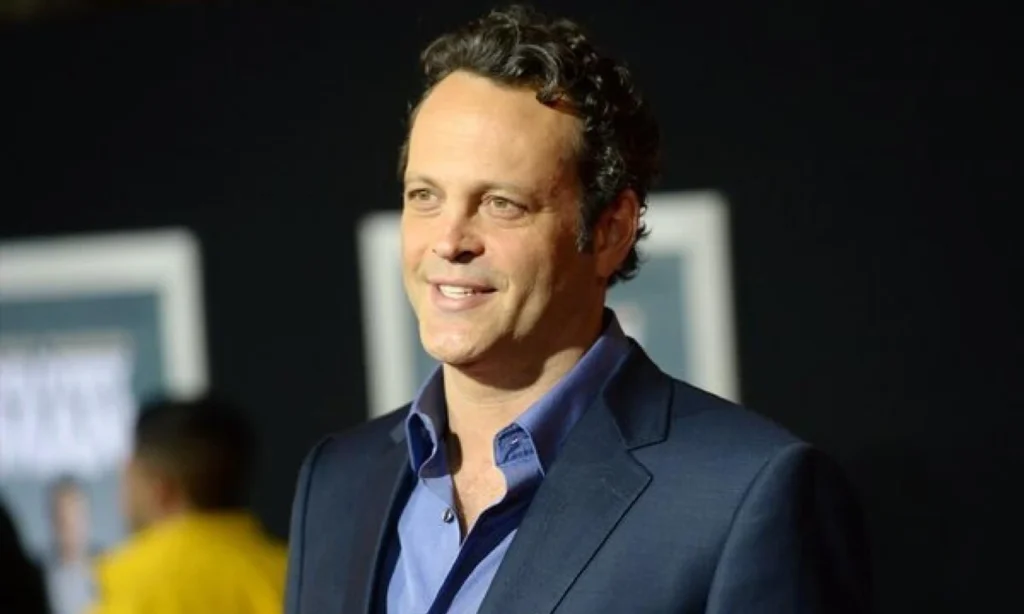Vince Vaughn has been a prominent figure in Hollywood, popularizing R-rated comedies with hits like Wedding Crashers, Old School, and Swingers. However, he believes the production of such films has declined due to Hollywood executives becoming overly cautious and analytical. Vaughn shared his thoughts on this trend during a recent appearance on Hot Ones, attributing the decline to the risk-averse nature of studio executives. This article explores Vaughn’s insights and the broader implications for the genre.
Over-Cautious Executives and Overanalyzing Creativity
According to Vaughn, Hollywood executives have developed a tendency to overthink the development of R-rated comedies. He likens this to a scenario where one mistakenly believes that 87 degrees is a right angle in geometry. This analogy illustrates how minor deviations in understanding can lead to significant errors in execution. Vaughn’s point is that the creative process is stifled by rigid rules and formulas, which stifle genuine creativity.
The Shift to Intellectual Properties (IPs)
One of Vaughn’s primary criticisms is Hollywood’s growing preference for intellectual properties (IPs) over original ideas. He points to the movie adaptation of the board game Battleship as an example of this trend. Instead of focusing on unique, relatable stories, studios often opt for projects with established brand recognition. Vaughn contrasts this approach with his own experiences in Hollywood, where inspiration came from shared life experiences and relatable situations.
For instance, Old School explores the adventures of friends navigating college life as adults, a concept drawn from real-life scenarios that audiences can easily relate to. Vaughn suggests that this type of authentic, experience-based storytelling is being overshadowed by a focus on recognizable IPs. The reliance on IPs reflects a broader trend in Hollywood where executives prioritize marketable names over compelling narratives.
Fear of Failure and Job Security
Vaughn also attributes the decline in R-rated comedies to a culture of fear among studio executives. He argues that those in charge are more concerned with not getting fired than with creating innovative content. This fear leads them to follow a set of unspoken rules that prioritize safety over originality. By adhering to these guidelines, executives can defend their choices by pointing to the use of well-known IPs, even if the resulting films fail.
He provides a satirical example, saying, “Even if a movie based on the board game Payday flopped, executives could still justify their decisions.” This mindset, according to Vaughn, prevents the risk-taking necessary for producing fresh and bold content, like the R-rated comedies that once thrived in Hollywood.
The Future of R-Rated Comedies
Despite these challenges, Vince Vaughn remains optimistic about the future of R-rated comedies. He believes that audiences still crave content that pushes boundaries and offers a sense of danger or edginess. “People want to laugh; they want to see content that feels a bit edgy or pushes the envelope,” Vaughn explains. This desire for authenticity and boldness suggests that there is still a market for R-rated comedies, provided that Hollywood is willing to take the necessary creative risks.
Vaughn’s perspective highlights a critical issue within the film industry—the tension between commercial safety and creative expression. While the reliance on established IPs may offer short-term security, it also risks alienating audiences who yearn for fresh, original content. Vaughn’s call for a return to authentic storytelling and risk-taking is a reminder of what made R-rated comedies successful in the first place.
In conclusion, Vince Vaughn explains the decline of R-rated comedies in Hollywood as a result of overly cautious executives and a preference for intellectual properties over original ideas. Despite the challenges, Vaughn remains hopeful, believing that audiences still desire content that is bold, edgy, and genuinely funny. The future of R-rated comedies may depend on Hollywood’s willingness to embrace creativity and take risks once again.
“Stay In Touch With Us For More Latest News & Updates. Follow Us On Twitter and Facebook To Stay Aware”




